What does a catchphrase like “sustainable tourism” mean here in Western North Carolina? How do you make it work at the ground level? Local businesses, organizations and public officials weigh in on what such a model might look like in the region.
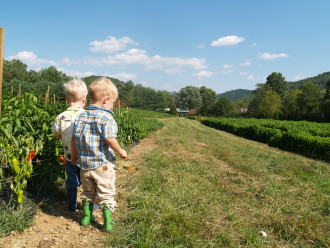

What does a catchphrase like “sustainable tourism” mean here in Western North Carolina? How do you make it work at the ground level? Local businesses, organizations and public officials weigh in on what such a model might look like in the region.
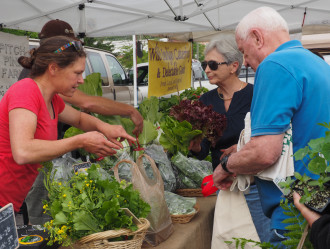
(Go to the bottom of this article for a listing of local tailgate markets) With springtime and warmer weather finally underway here in the mountains comes the opportunity to head outdoors to our local tailgate markets. While some of them won’t set up their tents until mid-May, most tailgate markets have already begun their season. […]

A tasting event hosted by Dynamite Roasting Co., will bring together two Honduran coffee purveyors with the locals who drink their harvests; Chelsea Wakstein leads a workshop on fermented condiments at Villagers; Firestorm Books and Coffee hosts a vegan pressure cooking demonstration; and ASAP is awarded a $45,000 grants to assist farmers and markets.

Haywood Road institution Mama’s Fast Food has closed; Sour Fest returns to Thirsty Monk; ASAP holds its annual CSA fair; and the Riceville Volunteer Fire Department invites community members to a chili cook-off meet-and-greet.
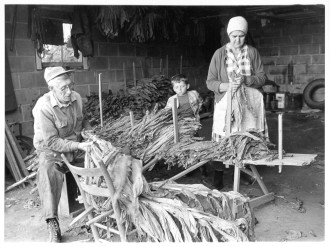
Few crops have been as central to North Carolina’s economy and culture — or as controversial — as tobacco. Historically, its high market value and the relative ease of growing it made tobacco a staple for many Western North Carolina farmers. As late as 2002, 1,995 mountain farms grew tobacco. The crop’s prevalence, however, was […]

Whether advocating for change or dishing about microgreens, Asheville is filled with chefs who hold community close to heart.

WNCW and Appalachian Sustainable Agriculture Project have teamed up to launch a new radio series called Growing Local; Villagers hosts a class on fermenting garden products into alcoholic beverages; Living Web Farms offers a knife skills workshop; plus Asheville Restaurant Week and Asheville Wing War approach.

Smiling Hara Tempeh is bolstering its partnership with Whole Foods with the release of a new heat-and-eat product line in addition to opening a new factory; winter farmers markets are kicking off in Western North Carolina; MANNA FoodBank warehouse is sporting a new roof, thanks to several local businesses; and PennyCup Coffee Co. has a new downtown store.

A silent auction at Appalachian Vintner raises money for local charities; a grant allows the Appalachian Sustainable Agriculture Project to coordinate a conference on farm-to-school programs; the Biltmore Estate adds a new restaurant; and Season’s at Highland Lake offers a Christmas Eve buffet.
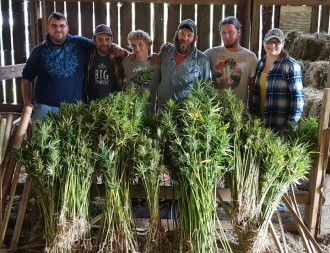
North Carolina is just one signature away from taking advantage of a 2014 Farm Bill provision that allows states to enact their own hemp-growing pilot programs.

WNC beverage enthusiasts are harnessing the kick of ginger in their alcoholic and nonalcoholic brews.
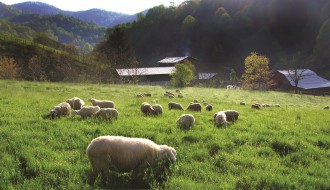
What does a drought in California have to do with Western North Carolina? Local experts say that the situation holds lessons for food systems throughout the country, including how to become more resilient in the face of climate change.
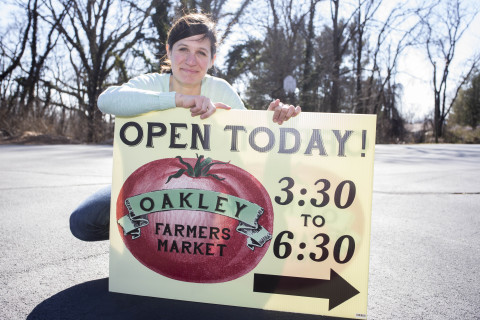
From the Get It! Guide: Community tailgate markets are a labor of love that offer communities a place to gather while also providing access to fresh, local foods. If you’re thinking about organizing a market in your neighborhood, here’s some steps to consider.
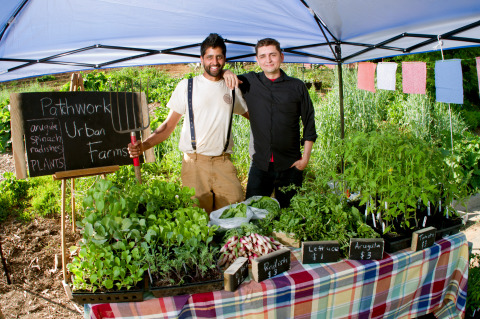
From the Get It! Guide: The process of becoming an urban farmer offers a quick learning curve full of chances for success or for failure. Start your journey by learning how to navigate the restrictions, requirements and resources of an urban farmer.
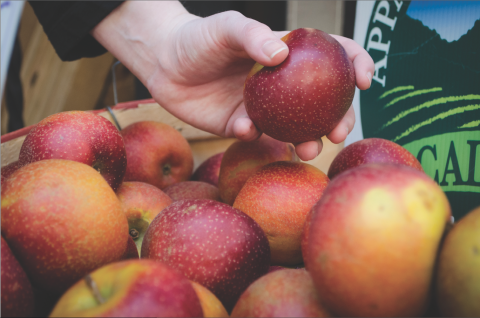
Beginning at 3 p.m. on Thursday, March 12, residents will get to shake hands with the growers responsible for the region’s farm-to-table cuisine, learning more about CSA programs and products. Afterward, fairgoers will gather at Early Girl Eatery for a buffet-style dinner of small portion local foods.
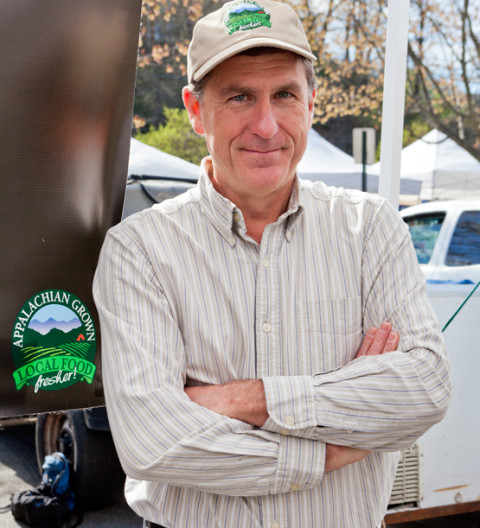
The city’s local push has transformed from mere trend to full-fledged movement, a move that now seems natural, but how did local businesses get whipped into such a unified front?
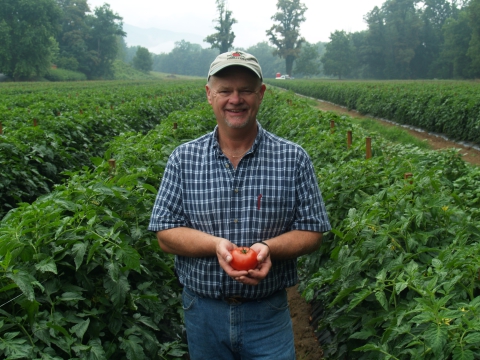
From the Get It! Guide: Appalachian Sustainable Agriculture Project and their Appalachian Grown certification program work to strengthen community connections through local food.
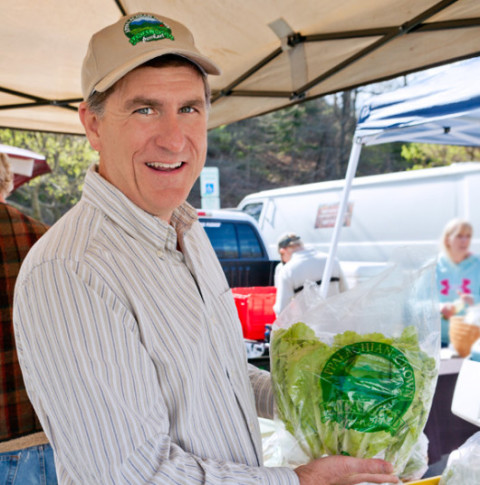
There was a time when people didn’t generally consider downtown Asheville as a dining destination. ASAP, which launched in 2000 as a local food campaign to help reverse the loss of farms in Western North Carolina during the decline of the tobacco market, has been integral to that transformation.
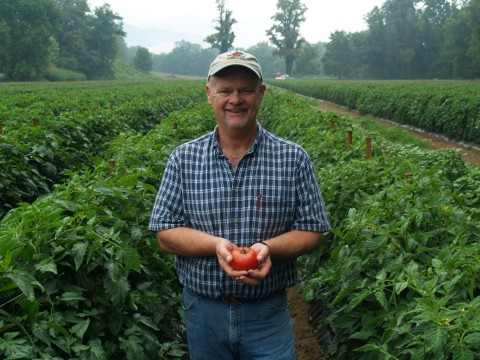
Grab your camera and pack up your car with your best crew — it’s time to get out in the fields for Appalachian Sustainable Agriculture Project’s annual farm tour. The self-guided tour will be held Saturday, Sept. 20, and Sunday, Sept. 21, and takes place at 37 Appalachian Grown certified farms across nine counties in Western North Carolina.
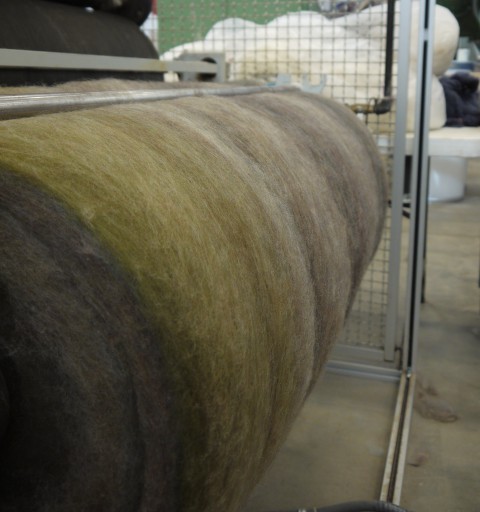
From the Get It! Guide: The idea of local economy has become a growing global movement to build a saner and more sustainable world. Increasingly, people are waking up to the simple truth that “local” matters — the best way to help out their economy is by keeping it as local as possible.
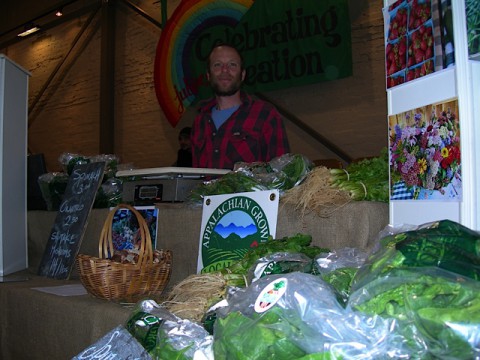
Representatives from 15 local farms set up displays and offered the public a chance to meet their farmers face-to-face at Appalachian Sustainable Agriculture Project’s fourth annual CSA Fair at Jubilee! Community on Thursday, March 13. Photo by Toni Sherwood